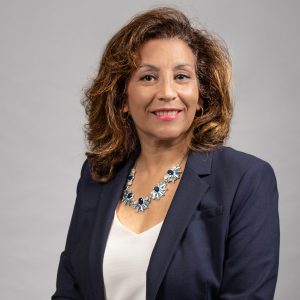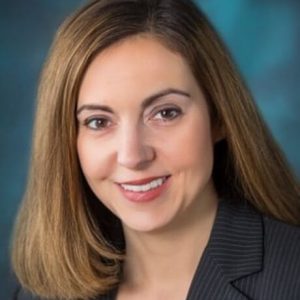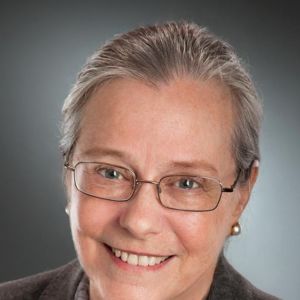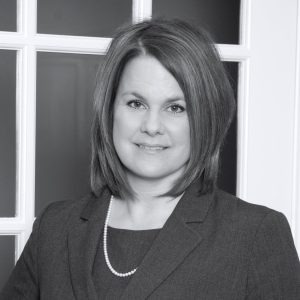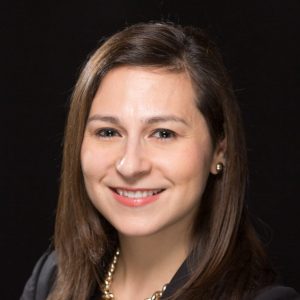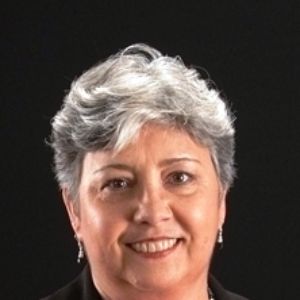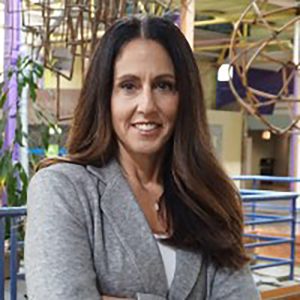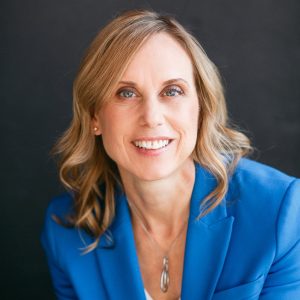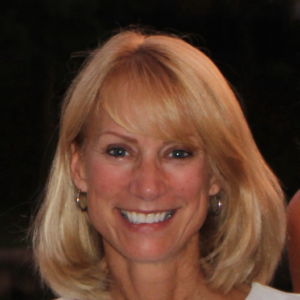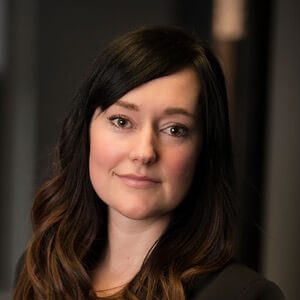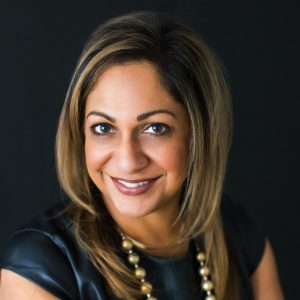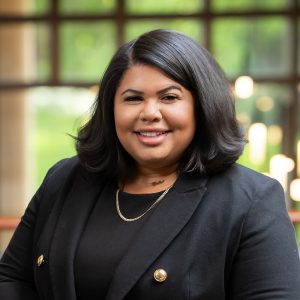Professionals - Attorneys
Along with being a strong advocate for one’s client, the collaborative lawyer cooperates and coordinates with the team so that everyone can work toward a common goal. Lawyers provide general information to the entire group and personalized advice to their client. They draft the agreement and submit the divorce documents.
As a practitioner for more than 38 years concentrating my practice in the area of family law, I realize that divorce is a very difficult experience for everyone involved, especially the children. Collaborative Law offers an alternative, non-adversarial way for each spouse to help create solutions together for themselves and their family. I am committed to this process as it offers the entire family the best opportunity for resolving their differences in a healthy and productive fashion.
At BridgeView Law Group, we are committed to helping you find the information you need to make the decisions that will bring you to a life you choose. After nearly twenty years as a family lawyer, Kelly Ciccone has committed her family law practice to Collaborative and mediated matters. These processes foster respect, fair and honest communication, trust, and a holistic approach in moving from married to single life.
It is my goal to make collaborative law the predominant means for resolving matrimonial disputes, as it is my belief that this process does the least harm to my clients’ families.
I work in the Collaborative process because it is a process I believe in. While I am an expert in law, you are an expert in your family and this is something that the court system simply does not consider. The court system’s rigid and inflexible nature can exacerbate conflict and lead to poor results for you and your family. The Collaborative Process allows for creative and adaptive results in order to fit your unique family and situation. I believe one of the most important things in life are relationships and that is why it is my hope, that with guidance and understanding, the collaborative process will lead to the best result for you and your family.
I believe Collaborative Law is the best way for most couples to resolve the issues they will encounter during a divorce. Unlike traditional divorce litigation, which is often typified by numerous court appearances, high costs, delays, and hurtful accusations, ultimately resulting in life-altering decisions being made for you and your children by a judge; Collaborative Law allows divorcing couples to maintain control over their lives during a time of great uncertainty and emotional upheaval. By empowering you to reach a mutually acceptable, comprehensive agreement within a manageable timeframe, you can move confidently toward the next phase of your life, secure in the knowledge that you have reached a resolution which addresses the short and long term goals for you and your family.
Upon graduating with a B.A. in History from Binghamton University, I went on to earn my J.D. from the State University of New York at Buffalo School of Law. I am a member of the Family Law Section of the New York, and Monroe County Bar Associations as well as the International Academy of Collaborative Professionals. I am admitted to practice in New York and Massachusetts. Prior to practicing solely in the area of matrimonial and family law, I handled a variety of complex litigation matters in federal and state courts.
Dan Cantone is a family law conflict resolution advocate specializing in out-of-court Collaborative Practice and divorce Mediation. He emphasizes the client-centered nature of Collaborative Law and welcomes the team approach of working with fellow Collaborative Attorneys and allied professionals to assist clients in transitioning to living apart. With his office in the western region of Onondaga County, Dan represents clients in Collaborative cases in Cayuga, Seneca, Ontario, Wayne, Yates, Livingston, and Monroe counties, too. His long tenure as an Adjunct Professor of Family Law and Collaborative Practice at the Syracuse University College of Law and undergraduate civil law courses at SUNY Oswego also keeps him abreast of changes in legislation and case law that impact domestic relations settlement cases. The suburban Camillus office also hosts Dan’s facilitative mediation practice for divorcing couples known as Mediate West. He is a popular speaker and trainer in the areas of Collaborative Practice, New York divorce law, and legal education.
Work and family. Two of the most important areas of life come under Jennifer Shoemaker’s purview as an attorney practicing Family Law and Labor & Employment Law. Jennifer represents clients in the full spectrum of family law issues, including divorce, custody, support actions, the negotiation of separation agreements, adoptions and prenuptial agreements. Her diplomacy, compassion and people skills are an asset to her clients, as is her extensive background in general litigation, dispute settlement and arbitration.
MY GOAL is to provide experienced legal counsel to those who choose collaborative law. I was admitted to practice law in the State of New York in 1978, after graduating from Cornell Law School in 1977. I spent many years thereafter as a court assistant helping adjudicate family law matters at both the trial and appellate levels. For years thereafter I represented clients in traditional litigation involving custody, child support, maintenance, and property division issues. While in private practice I also served as court-appointed law guardian representing children in contested custody matters.
SINCE 2004, my practice has been limited to collaborative law because I believe it is a better way to resolve family issues.
COMMITMENT to peaceful processes is the defining characteristic of my life and work. I recently returned from a sabbatical during which I served overseas as a Peace Corps Volunteer. I am looking forward to meeting you, hearing about your life experiences, and working with you to amicably resolve your family dispute.
Ms. Fazio’s approach is to advise clients on both practical and legal aspects of their issues in a cost-effective manner so as to empower clients in making the best decisions. To this end, Ms. Fazio is trained as a Collaborative Attorney and is a member of the International Academy of Collaborative Professionals and the Collaborative Law Association of the Rochester Area, Inc., supporting alternative means to resolving family law matters.
Leah takes pride in assisting clients with care and respect during arguably one of the most stressful times in their lives- going through a divorce. By taking a collaborative approach to divorce, the parties can manage the divorce in a mindful and respectful way to minimize the damage to their family. Leah focuses her practice on divorce and family law exclusively. Over the years, she has found that when both parties commit to put aside negative emotions, they can focus on settling issues of child custody, child support, and equitable distribution of their assets and debts in a way that benefits each party and their family overall. Collaborative law allows families to come up with carefully tailored plans that are not “one size fits all” and allows the parties to feel in control of the process with a voice at the table.
Leah regularly represents parents and children in divorce and family law matters in multiple local counties. She is honored to participate in collaborative law as a part of her practice. Leah graduated from S.U.N.Y. Geneseo with a B.A. in psychology and minor in sociology. She graduated from Albany Law School with her J.D. and is licensed to practice law in New York, Connecticut, Virginia and the District of Columbia.
Leah has received numerous honors, including the Rochester Business Journal’s Forty Under 40 Award, the Honorable Michael F. Dillon Attorneys for Children Award for zealous advocacy of child clients in court proceedings, and being named to Super Lawyers “Rising Stars” category for Western New York. She is on the Board of Directors for the Society for the Protection and Care of Children (SPCC). While her main office is located in Rochester, Leah also has a satellite office in Canandaigua, New York and is Vice President of the Ontario County Bar Association. Prior to practicing family law, Leah was a criminal prosecutor in Virginia.
As an attorney in practice for over 30 years, I am committed to using my legal and mediation skills to develop solutions for matrimonial and family law conflict that are constructive not destructive for those involved. The Collaborative Law process allows parties to develop a lasting agreement that provides for their needs and the needs of their children as they move into the future. Collaborative Family Law empowers those who are separating or divorcing to control the outcome of their conflict and challenges them to focus on the future. The Collaborative process helps harness the fear and uncertainty of separation or divorce by establishing a process for managing the conflict that is based on knowledge, honesty, commitment and respect.
Danielle B. Kress, Esq. is a seasoned Matrimonial Attorney with over 25 years of experience. Since her first client as a fresh law school graduate, she has been passionately committed to Family Law, an area where her skills in creative problem-solving, compassion, and advocacy are most effectively utilized.
Understanding that divorce and custody disputes are among the most stressful experiences, she has dedicated her legal career to providing sound legal guidance and effective advocacy to clients during these challenging times.
Ms. Kress holds a Juris Doctor from Pace University School of Law and a Bachelor’s Degree in Accounting from Nazareth College. She is an active member of the MCBA Family Law Committee. Her training in Collaborative Law and Mediation has equipped her with a diverse range of services to meet the unique needs, personalities, and family dynamics of each client.
Diana is an experienced Collaborative Attorney and Family Mediator. Her work is client centered and she is committed to helping clients avoid a bad separation or divorce process and achieve the best possible result through constructive negotiation. Her priority is to help clients move forward with minimal disruption to their lives, and with the best possible outcome. Named in Best Lawyers In America since 2009, recognized by Top Lawyers in New York, Best Lawyers in Rochester and recipient of Martindale-Hubbell Client Distinction Award. Published by Thomson-Reuters and frequent speaker at local, national and international conferences on Collaborative Law. Diana has been a member of the CLARA Board of directors for 15 years, and is the current President.
Matrimonial matters (such as divorce, custody) should lead to a positive restructuring of relationships. As an attorney with over 40 years of practice in this area, I have come to believe that the Collaborative process, where four people (two clients and two attorneys) use their combined skills, knowledge and expertise to forge solutions that facilitate positive adjustments in financial and living situations, is one of the best ways to resolve a dissolution of a marriage or union. Each family, each partner, is unique as a fingerprint and deserves and requires thoughtfulness and creativity in reaching common ground and dignified solutions so that each person can find comfort and peace of mind. Trust can be re-established in the collaborative setting so that all members of a family can interact in the future in the best manner possible. My thoughts are that as an advocate in this process, my clients will be well served, economically, financially and emotionally. Everyone’s family structure deserves issues to be resolved privately, with professional support and guidance. The Collaborative process allows the professional lawyer to be a legal facilitator to reach the personal goals of the client in this situation. Please come join in the collaborative process which is on the cutting edge of matrimonial and family law resolution in the State of New York. Member of: Association of Collaborative Family Law Attorneys, International Academy of Collaborative Professionals (IACP), Monroe County Bar Association, New York State Bar Association, Greater Rochester Association of Women Attorneys, Admitted to the New York State Bar February 12, 1980 (Syracuse Law School).
In support of children and families going through divorce, I have authored a children’s book entitled, Barker Cane Land. In this narrative, a young boy is presented with the colorful prizes of a 1946 Midway, each imparting some spiritual wisdom and practical tips for his healing journey through divorce and into a new family configuration.
My suburban practice emphasizes divorce and family law. I recognize that legal disputes and family dissolution are traumatic events.
Every client presents with a unique situation. My goal is to help each client transition through the difficult and emotional process in a caring and professional manner.
I personalize my services to provide the legal counseling necessary to respond to the conflicts that accompany family dissolution.
I have over 35 years of experience as an attorney, and more than 10 years of experience in collaborative law. I founded the “The Law Office of June Castellano” in 1999 and place a strong emphasis on educating clients about their rights and responsibilities under the law. As a philosophy, my law office seeks to empower clients so they are partners in making informed decisions in negotiations.
In addition to collaborative law, I am able to offer individuals attorney-based mediation and litigation services.
As a trained collaborative attorney and mediator, I am committed to helping my clients work through the transition of their marriage or partnership with dignity and integrity, while minimizing the emotional toll on themselves and their family. In the collaborative process, each party is represented by an attorney and all parties have a common goal of reaching an agreement out-of-court. As a collaborative attorney, I can advise and guide you through the various issues of divorce: separation, parenting plans, support and asset-liability division. My goal is to provide each of my clients with a flexible process that best meets their individual needs during one of the most difficult periods in their lives.
I believe that Collaborative Law provides divorcing couples with a far superior method of reaching resolution than traditional litigation. By encouraging couples to maintain a civil and respectful relationship through the divorce process, Collaborative Law allows divorcing couples to come up with creative resolutions which meet the unique needs of their individual family. Prior to attending law school I obtained my undergraduate degree in Psychology which I believe fundamentally assists me in my practice of matrimonial and family law and specifically in my practice of Collaborative Law.
Collaborative divorce is a method that allows for creative solutions tailored for each family’s unique circumstances – because each family knows their circumstances better than anyone else. The process allows the participants to maintain control over the process, the resolution, and timeline of their divorce. Through respectful communication, the participants are able to work through each issue, with the guidance of attorneys and professionals as needed, to come to a mutually agreed upon solution.


